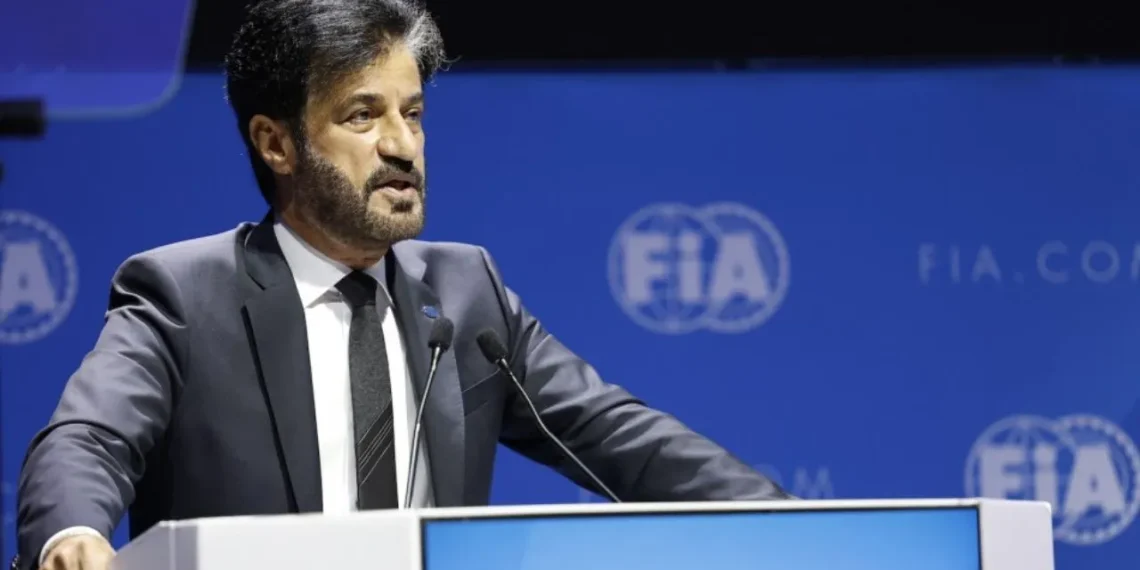FIA President Mohammed Ben Sulayem has voiced concerns about the growing pressure to expand the Formula 1 calendar to 25 races, emphasizing the importance of considering driver well-being and the logistical strain on teams. As Formula 1 prepares for its longest season yet in 2024, featuring 24 races, Sulayem is urging caution as discussions about further expansion take center stage.
While the current Concorde Agreement permits a maximum of 25 races per season, the FIA and F1 are carefully weighing the pros and cons of increasing the number of events. Interest from countries like Argentina, eager to host a Grand Prix, adds to the demand for more slots on the calendar. However, F1 CEO Stefano Domenicali has expressed a preference for capping the schedule at 24 races, believing this number provides the right balance for stability in the sport.
Sulayem highlighted the significant logistical challenges involved in managing a larger race calendar, explaining that adding even a single additional race would require more resources, including the possibility of two separate teams to handle the workload.
“You cross a barrier where you need two teams, we can’t have more,” Sulayem explained, underscoring the practical difficulties of increasing the race count beyond the current schedule.
One of Sulayem’s primary concerns is the physical and mental strain the expanded calendar places on drivers. With races scheduled tightly throughout the season, drivers are pushed to their limits, facing extreme physical and mental demands. Sulayem emphasized the importance of consulting with drivers directly to gauge how they feel about the increasing number of races.
“Can the drivers take it? I just want to know. Let’s just be sensible and logical about it. Can the drivers take it physically and mentally?” Sulayem said, adding that the impact on teams should also be carefully considered.
Despite the logistical and physical challenges, Sulayem acknowledged the allure of a potential 25th race, particularly in a country like Argentina, which boasts a passionate motorsport fan base and a rich history in the sport. However, he emphasized that the well-being of drivers and teams must come first.
“I will not stop them from going to 25, because it is their right, OK? In the end, it’s up to them,” Sulayem said, referring to F1’s decision-makers. “But they are the ones who don’t want to add [more races at the moment]. Because they know that it becomes [a matter] of fatigue then.”
Both the FIA and F1 are focused on maintaining the sport’s high standards and ensuring that quality is prioritized over quantity. Sulayem stressed that any expansion should not come at the expense of driver health or team performance, as the long-term success of Formula 1 depends on keeping the athletes and teams in peak condition.
As Formula 1 looks ahead to its longest season yet, the debate over whether to push the boundaries even further continues. For now, the focus remains on ensuring that drivers and teams can handle the demands of the 24-race schedule while safeguarding the integrity and quality of the sport.










